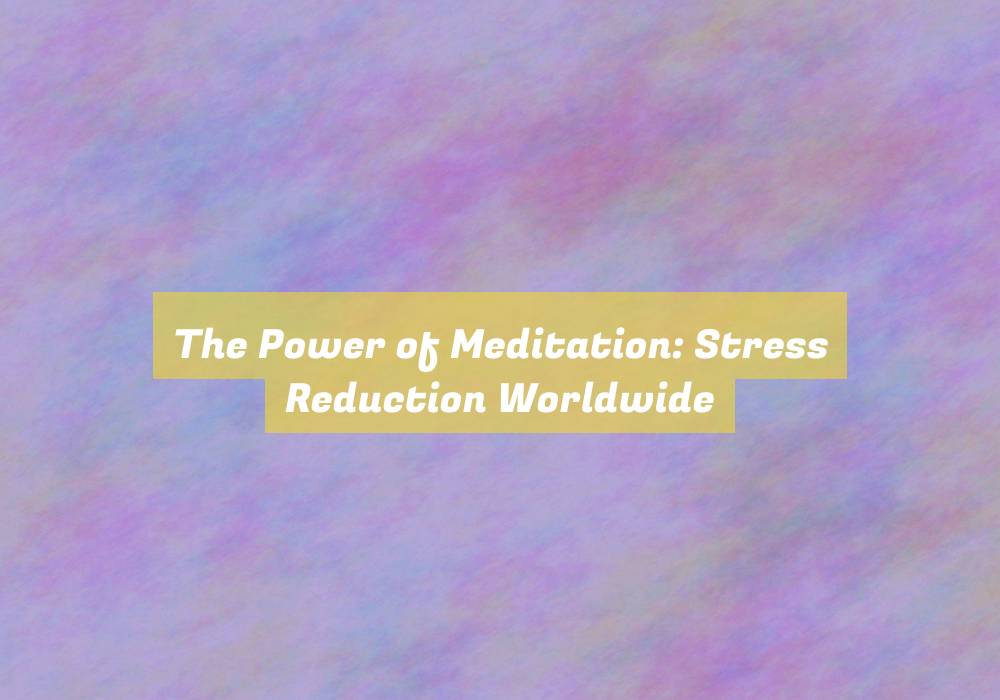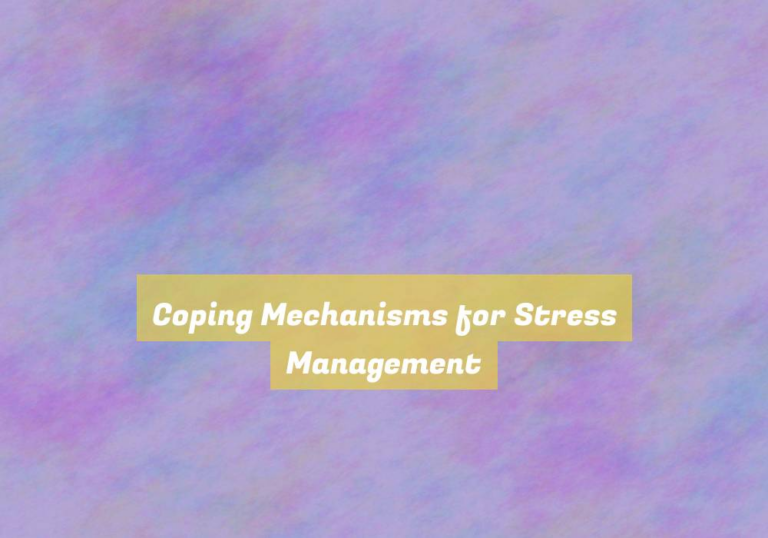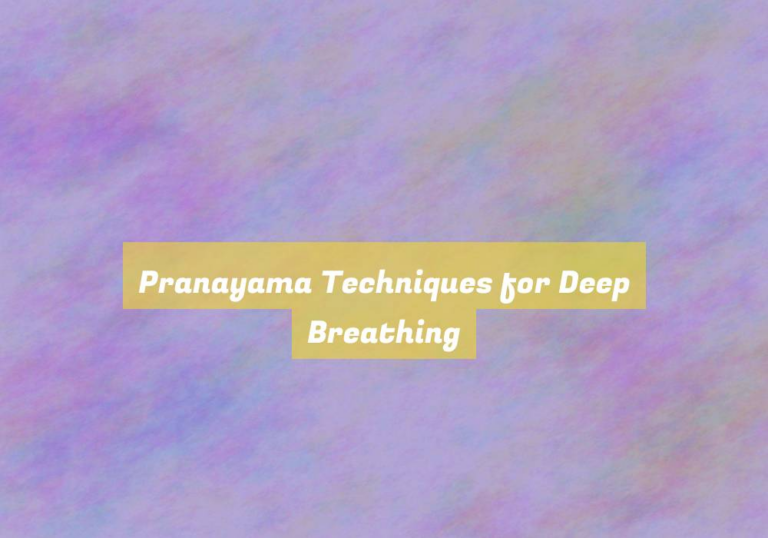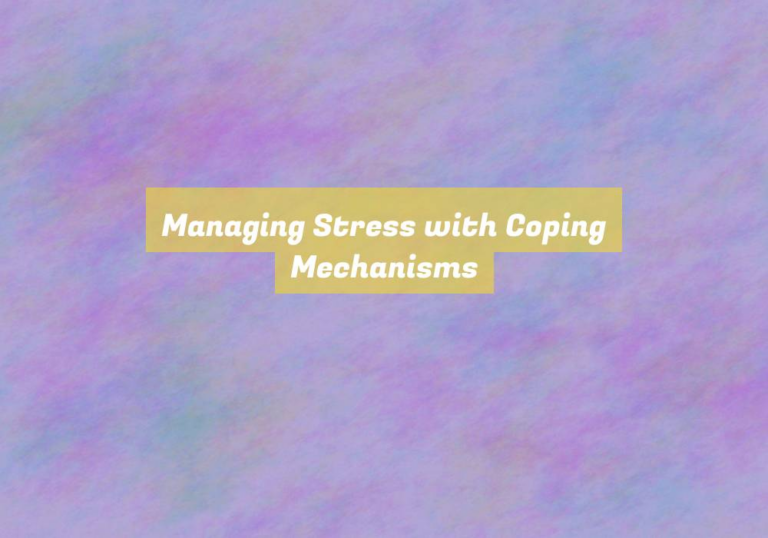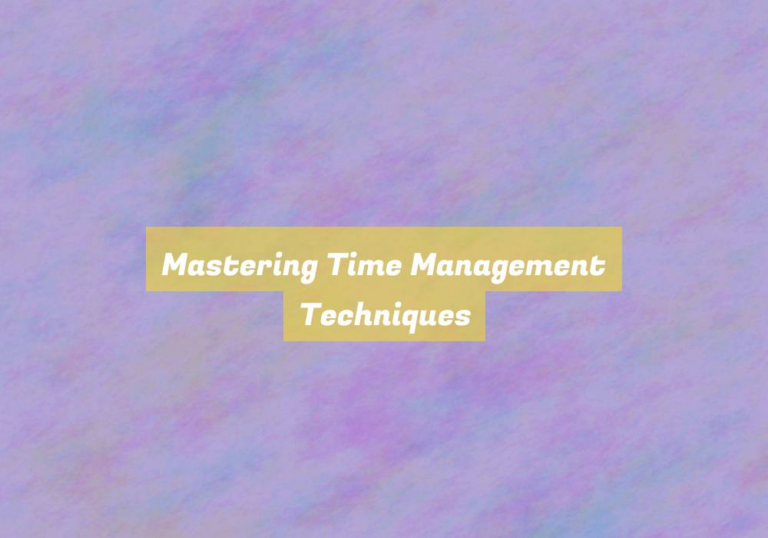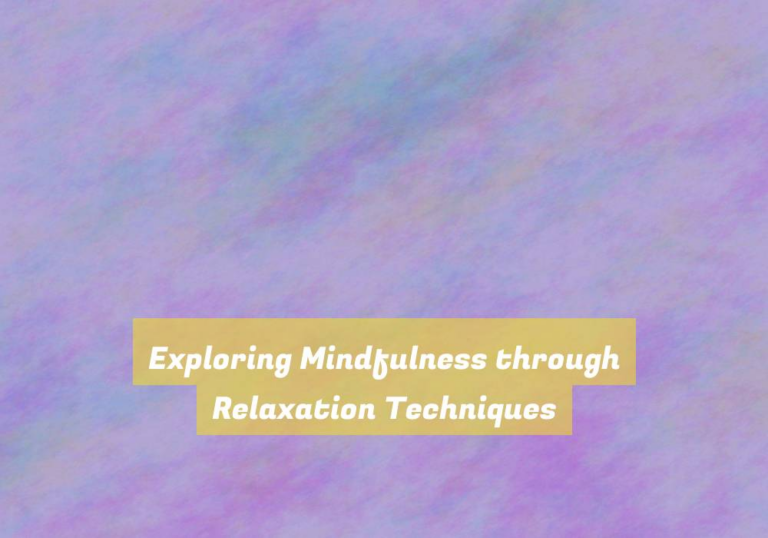The Power of Meditation: Stress Reduction Worldwide
Feeling overwhelmed by stress and seeking a solution that transcends cultural and geographical boundaries? The power of meditation has been increasingly recognized as a global phenomenon for stress reduction.
From bustling cities to tranquil villages, people from all walks of life are turning to meditation as a practical tool for managing the demands of modern living.
But what exactly is the science behind this ancient practice, and how has it become a worldwide phenomenon?
The Science Behind Meditation and Stress Reduction
Understanding the science behind meditation and stress reduction can provide insight into the physiological and psychological mechanisms at play when practicing mindfulness.
When you meditate, your body experiences a decrease in the production of stress hormones like cortisol and an increase in the production of feel-good neurotransmitters such as dopamine and serotonin. This shift in hormone levels contributes to a sense of calm and relaxation.
Additionally, neuroimaging studies have shown that regular meditation can lead to structural changes in the brain, particularly in areas associated with emotion regulation and self-awareness. These changes can help you better manage stress and respond to challenging situations with greater resilience.
Moreover, the practice of meditation activates the parasympathetic nervous system, responsible for the bodyG??s rest and digest response, which counteracts the fight-or-flight response triggered by stress. This activation leads to lower heart rate, reduced blood pressure, and relaxed muscles, all of which contribute to a reduction in stress levels.
Understanding these scientific processes can reinforce your confidence in the effectiveness of meditation as a tool for stress reduction.
Global Adoption of Meditation Practices
The worldwide embrace of meditation practices has significantly contributed to the globalization of stress reduction techniques. In todayG??s fast-paced world, people from diverse cultures are turning to meditation as a means to alleviate stress and improve overall well-being. This global adoption of meditation practices is evident in the increasing number of meditation centers, workshops, and online resources catering to individuals seeking stress relief.
In countries such as the United States, India, China, and Japan, meditation has become a mainstream practice, with people integrating it into their daily routines. The corporate world has also recognized the benefits of meditation, with many companies offering mindfulness and meditation programs to their employees. Furthermore, the influence of social media has played a crucial role in spreading awareness about the positive effects of meditation, reaching individuals worldwide and inspiring them to incorporate meditation into their lives.
Moreover, the medical communityG??s endorsement of meditation as a complementary therapy for stress-related conditions has further propelled its global adoption. As a result, meditation has transcended cultural and geographical boundaries, becoming a universal tool for stress reduction and mental well-being. This widespread acceptance and integration of meditation practices signify a global shift towards prioritizing mental health and mindfulness.
Case Studies: MeditationG??s Impact on Stress Levels
Numerous case studies demonstrate how meditation positively impacts stress levels, revealing its effectiveness in promoting mental well-being across diverse populations.
For example, a study conducted on university students showed that those who practiced meditation experienced significant reductions in stress levels compared to those who did not.
Another case study focused on employees in high-stress work environments, such as healthcare professionals, and found that regular meditation practice led to decreased stress and improved overall well-being.
Additionally, research on military personnel revealed that meditation helped reduce symptoms of post-traumatic stress disorder (PTSD) and improved their ability to cope with stress.
Furthermore, a study on older adults demonstrated that meditation not only decreased stress levels but also enhanced their overall quality of life.
These case studies highlight the wide-ranging impact of meditation on stress reduction, proving its efficacy in diverse populations and settings.
The evidence from these studies underscores the potential of meditation as a powerful tool for managing stress and promoting mental wellness across different age groups and professions.
Practical Tips for Incorporating Meditation Into Daily Life
To incorporate meditation into your daily life, start by setting aside a specific time each day for your practice. Choose a time when youG??re least likely to be interrupted, such as early in the morning before the day gets busy, or at night before going to bed. This dedicated time will help you establish a routine and make meditation a regular part of your day.
Another practical tip is to create a designated meditation space. It doesnG??t have to be a large area, just a quiet, comfortable spot where you can sit or lie down without distractions. This space will serve as a visual cue that itG??s time for meditation, helping you transition into a focused state more easily.
Additionally, consider using meditation apps or guided meditation recordings to support your practice. These tools can provide structure and guidance, especially if youG??re new to meditation. They often offer various meditation styles and durations, allowing you to find what works best for you.
Lastly, be patient with yourself as you incorporate meditation into your daily routine. ItG??s normal to encounter challenges, but with consistency and commitment, meditation can become a valuable and rewarding part of your day.
Conclusion
In conclusion, meditation holds the power to reduce stress on a global scale. With its proven scientific benefits and widespread adoption, it has become an effective tool for managing stress levels.
The case studies highlight the significant impact of meditation on individualsG?? well-being. By incorporating meditation into your daily routine, you can experience its stress-reducing benefits first-hand.
So take a few moments each day to practice meditation and reap its powerful stress-relieving effects.

